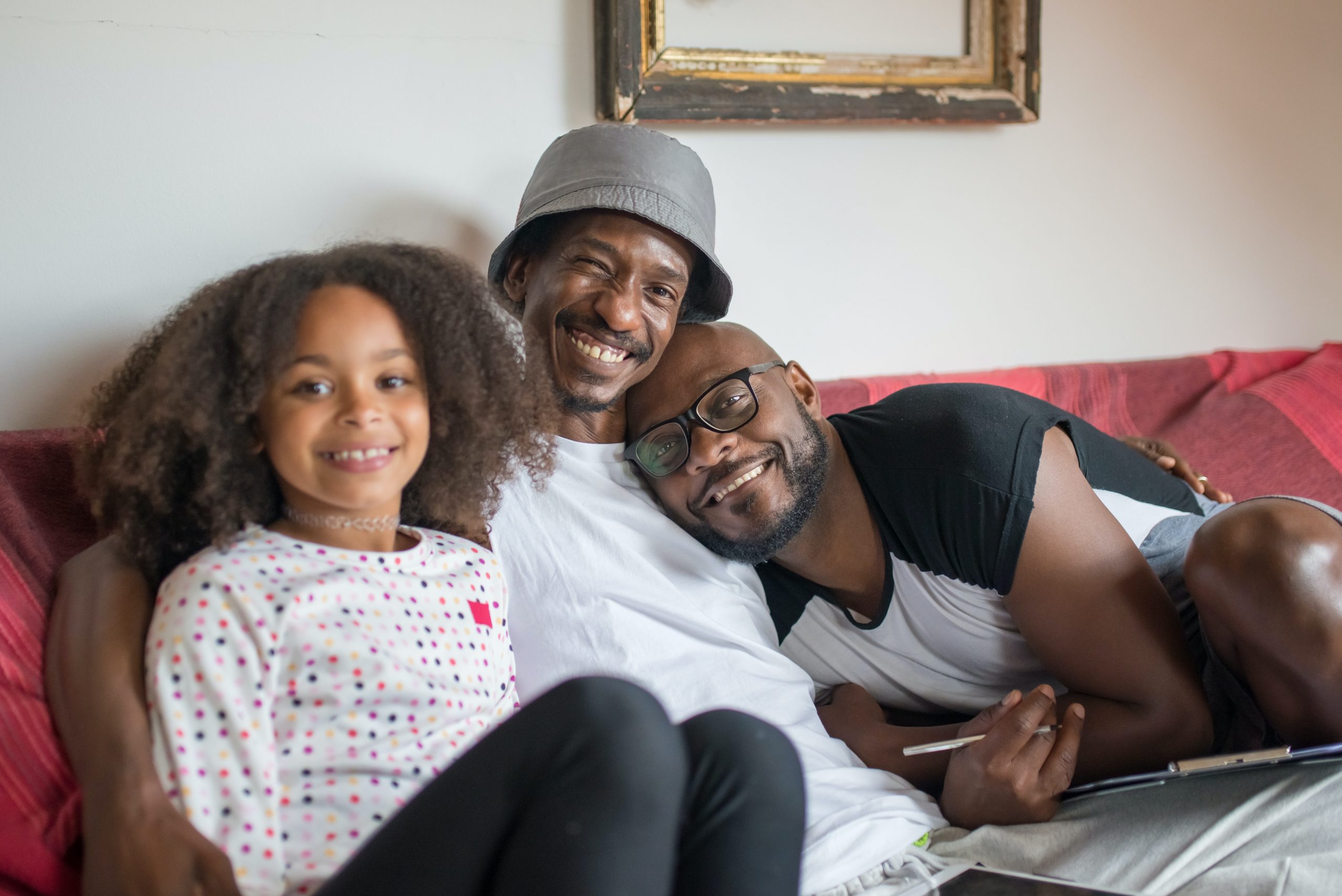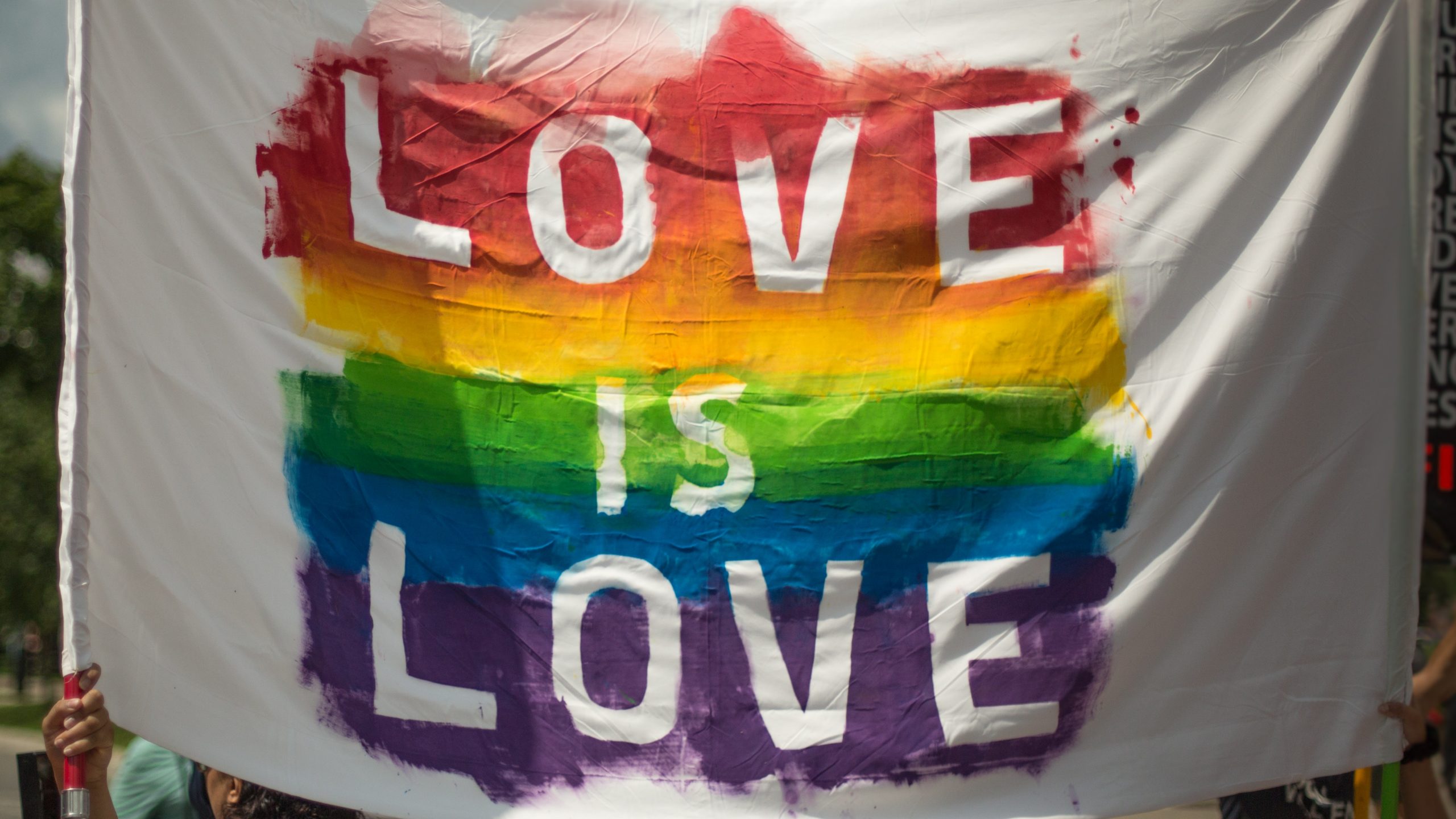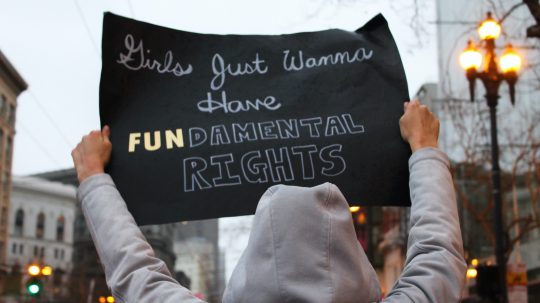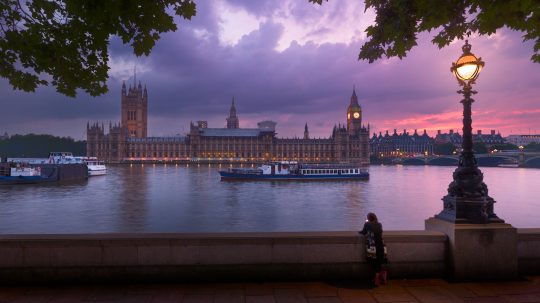Throughout 2021, EachOther reported on human rights issues across the UK, including those affecting people on account of their characteristics protected under the Equality Act. To usher in the new year, we are highlighting the issues that are particularly affecting five such groups in UK society, looking forward to the opportunities 2022 might afford them and the challenges the year ahead might pose. In this mini-series, we focus on these five of the nine protected characteristics in the Equality Act: race, sex and gender identity, sexual orientation, disability and religion.
Members of the LGBTQ+ community in the UK face threats to their human rights in many walks of life. Due to the interconnecting nature of issues affecting the community, this feature reflects on questions of rights impacting two protected characteristics under the rainbow banner: sexual orientation and gender identity.
While the Equality Act includes specific references to sexual orientation and gender identity, its coverage for non-binary individuals was limited until a landmark ruling in 2020 ensured their inclusion under the act’s protections.
Throughout 2021 and heading into 2022, LGBTQ+ people’s rights were threatened from multiple angles – particularly the right to protection from discrimination under Article 14 of the Human Rights Act. Additionally, their right to health, protected under the International Covenant on Economic, Social and Cultural Rights, was sometimes infringed and their right to marry and start a family also came under threat.
Approximately 2.7% of British people aged over 16 identified as lesbian, gay or bisexual in 2019, up from 2.2% in 2018, and estimates put the number of trans people in the UK between 200,000 and 500,000, so protecting this flourishing population’s rights has never been more crucial than it is today.
How were the rights of LGBTQ+ people in the UK impacted in 2021?
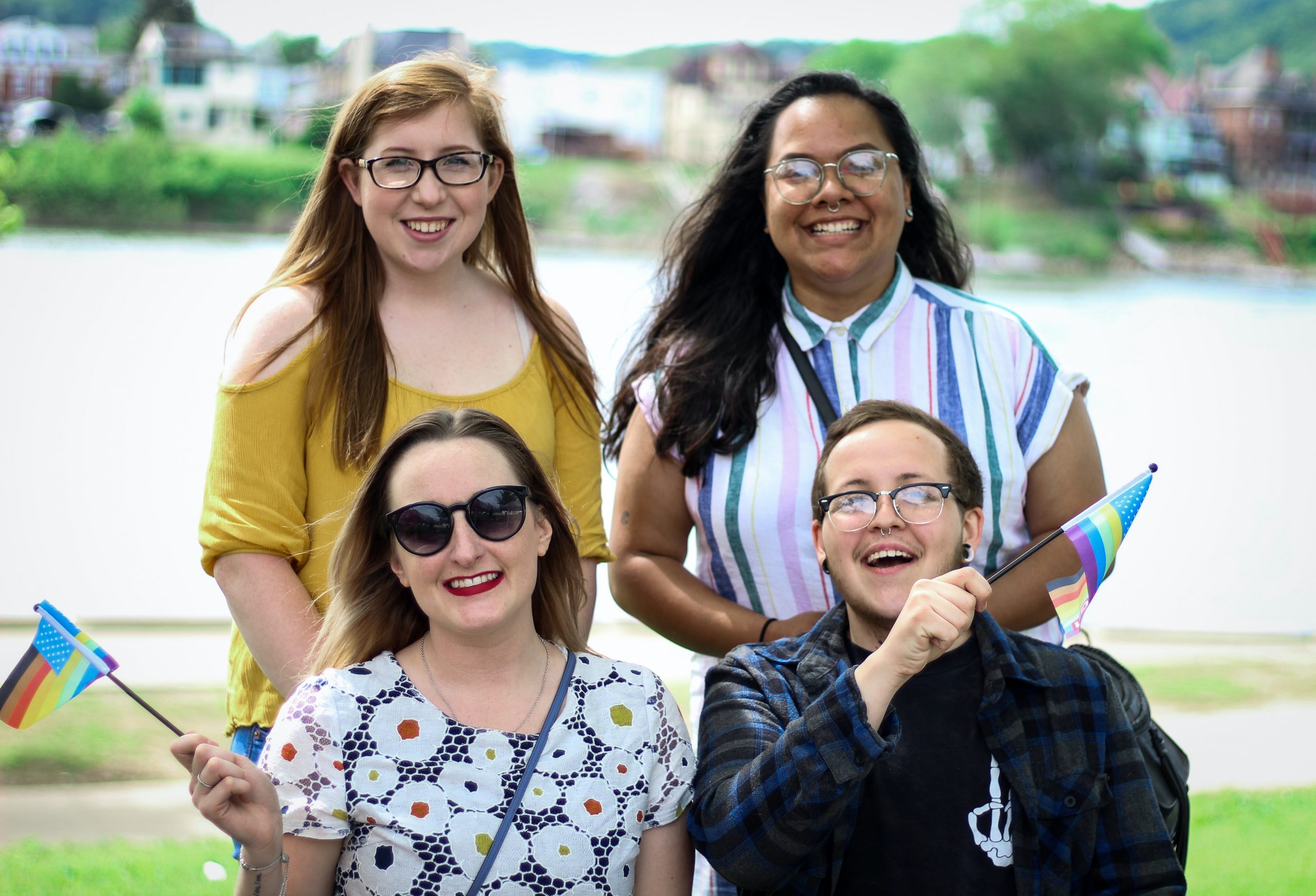
Credit: Rosemary Ketchum / Pexels
The year 2021 was a trying one for many marginalised groups in the UK and the LGBTQ+ community were no exception. Tim Hopkins, director of Equality Network, a leading Scottish charity promoting LGBTQ+ equality, highlighted the negative impact in particular of health care delays, domestic abuse, isolation, conversion therapy and gender recognition reform.
He added: “NHS gender identity services are not good enough, or mental health services, particularly for people with marginalised intersectional identities.”
Hate Crime
In the year ending March 2021, rates of reported hate crime increased for nearly all protected characteristics, with a 9% increase overall. In October, a Vice News investigation revealed that rates of homophobic and transphobic hate crime had rocketed since 2014-15.
In 2014-15, there were 6,363 reports of hate crimes based on sexual orientation, but in 2020-21 there were 19,679 reports. For 2014-15, 598 transphobic hate crimes were reported, but 2,588 were reported in 2020-21. Data, obtained via freedom of information requests to 45 police forces, exposed a 2% and 12% increase in hate crimes based on transgender identity and sexual orientation respectively since 2019/20’s figures.
“The increase in [anti] LGBTQ+ hate crimes, alongside the government’s refusal to provide additional funding for young people’s mental health within the budget announcement, constitutes a violation of Article 14 of the Human Rights Act, which protects individuals against discrimination, and can lead to a breach of Article 3, which protects against torture and inhuman or degrading treatment, and even Article 2, the right to life itself,” said Nicholas Ball, a therapist with Liverpool’s Young Person’s Advisory Service (YPAS).
Unfortunately, currently available data does not provide a clear picture of how increases in hate crime affected people with multiple protected characteristics, such as Black or disabled LGBTQ+ individuals. Considering the increases in disability-related and race-related hate crime, it is likely that further marginalised LGBTQ+ people faced considerable threats to their right to protection from discrimination in 2021.
Healthcare
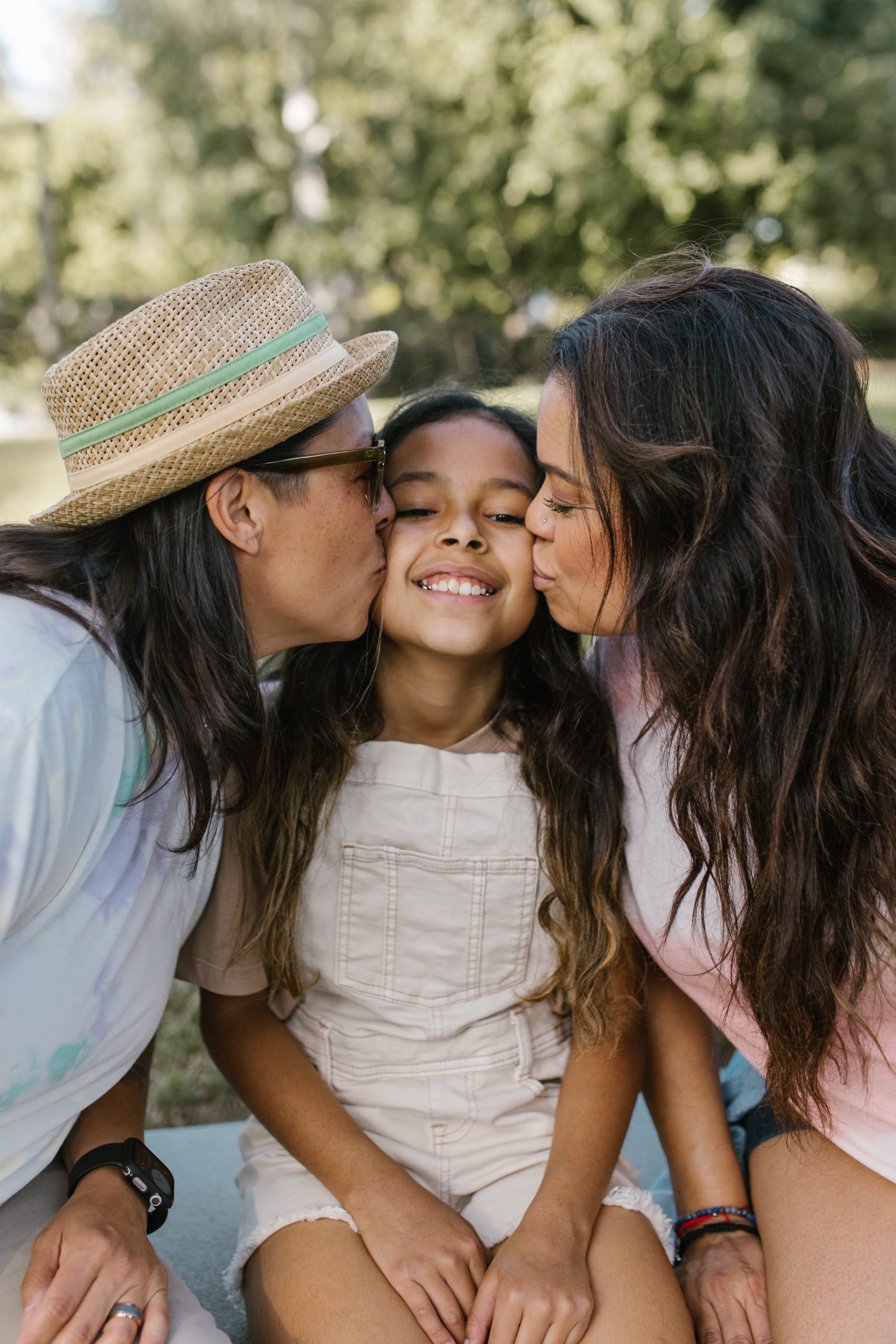
Credit: Rodnae Productions / Pexels
Throughout 2021, LGBTQ+ healthcare hit headlines. It started with a High Court ruling in December 2020, which stated that people under the age of 16 are considered unable to provide informed consent to gender-affirming healthcare, such as puberty blockers.
Although the ruling was amended in March 2021 to allow for treatment for under 16’s with parental consent, the impact of the ruling was still felt. For young transgender people without accepting families, the ruling risked rendering inaccessible potentially life-saving treatment. In September 2021, the Court of Appeal overruled the High Court’s decision, allowing for puberty blockers to be prescribed to under 16’s again.
Ball added: “This may have impacted upon the waiting times for access to gender-affirming healthcare for some young people and may have also contributed to heightened levels of anxiety and distress during this time.”
Additionally, the ongoing coronavirus pandemic delayed gender-affirming surgeries for trans people, especially for those seeking phalloplasty. The life-changing surgery is only available through the NHS at one clinic in London and it remained closed after the NHS was given the green light to begin scheduling non-urgent operations again. Surgeries were due to resume in December but the disruption has lengthened an already long waiting list.
TransActual UK, a lobbying group that advocates for trans rights, estimates that hundreds of patients were left in distress waiting for care, including those who were already in the middle of their bottom surgery journey or are waiting for necessary repairs for complications. But health inequalities do not end there.
“Trans people have unequal rights of access to the same medication, such as hormone replacement therapy (HRT), and procedures, like mastectomies and hysterectomies, compared to cis people in comparable positions,” said jane fae, director of TransActual UK. “For a start, cis women do not need a psychiatrist report before HRT. Access to IVF for trans, lesbian, and bisexual people is currently a postcode lottery.”
Under current NHS guidelines, same-sex couples have to prove they have attempted to conceive up to twelve times before they are eligible for NHS treatment. Unlike heterosexual and cis-gendered pairings, LGBTQ+ couples may have to undergo expensive rounds of artificial insemination to meet this criterion, demonstrating an imbalance in treatment.
Conversion Therapy
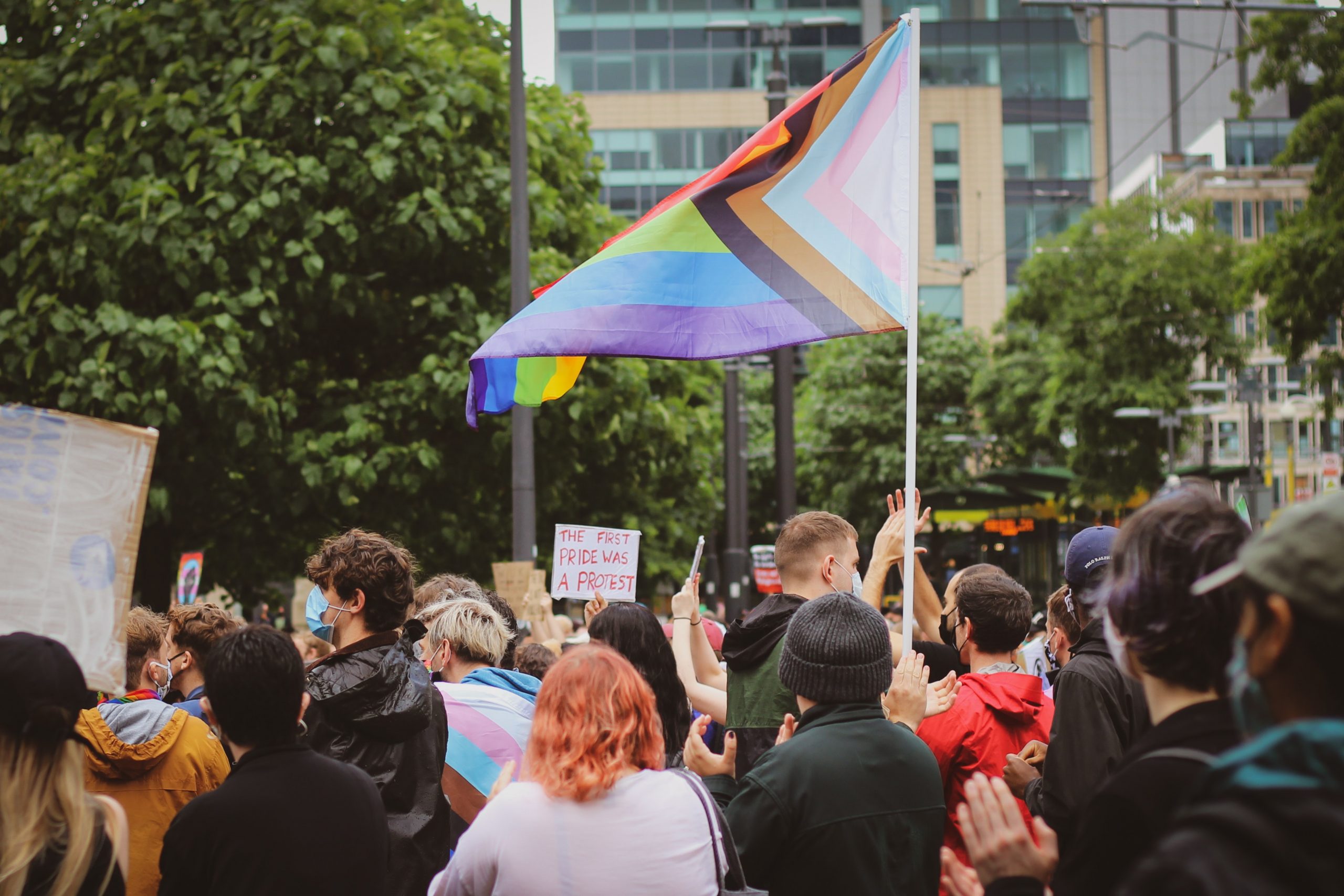
Credit: Oriel Frankie Ashcroft / Pexels
In 2018, the government pledged to explore options for ending conversion therapy in the UK but 2021 revived media interest in the subject.
In May 2021, the government said it would introduce legislation to ban conversion therapy. However, it first committed to holding consultations on the issue. Initially pledging to introduce a ban three years ago, the government has experienced pressure from some faith organisations asking for exemptions on the grounds of religious freedom.
“The United Kingdom is a global leader on LGBT rights and is committed to banning the coercive and abhorrent practice of conversion therapy,” said the government in a statement for its open consultation on ending conversion therapy. “Our proposed package of measures includes legislating to introduce a new criminal offence and to ensure that conversion therapy is recognised appropriately when it is the motivation for an existing crime.”
In a report signed by multiple senior lawyers, parliamentarians and academics, signatories demanded a broad definition of conversion practices to ensure that there are no loopholes in the legislation.
The report reads: “It is vital that the definition implemented is sufficiently broad to effectively capture all forms these practices can take. Legislation must not allow any potential loopholes for individuals and institutions to continue undertaking conversion practices under a modified aim or false pretence.”
With no legislation on enforcing a ban published, 2022 will see a fight to end conversion therapy in the UK once and for all.
Non-Binary People
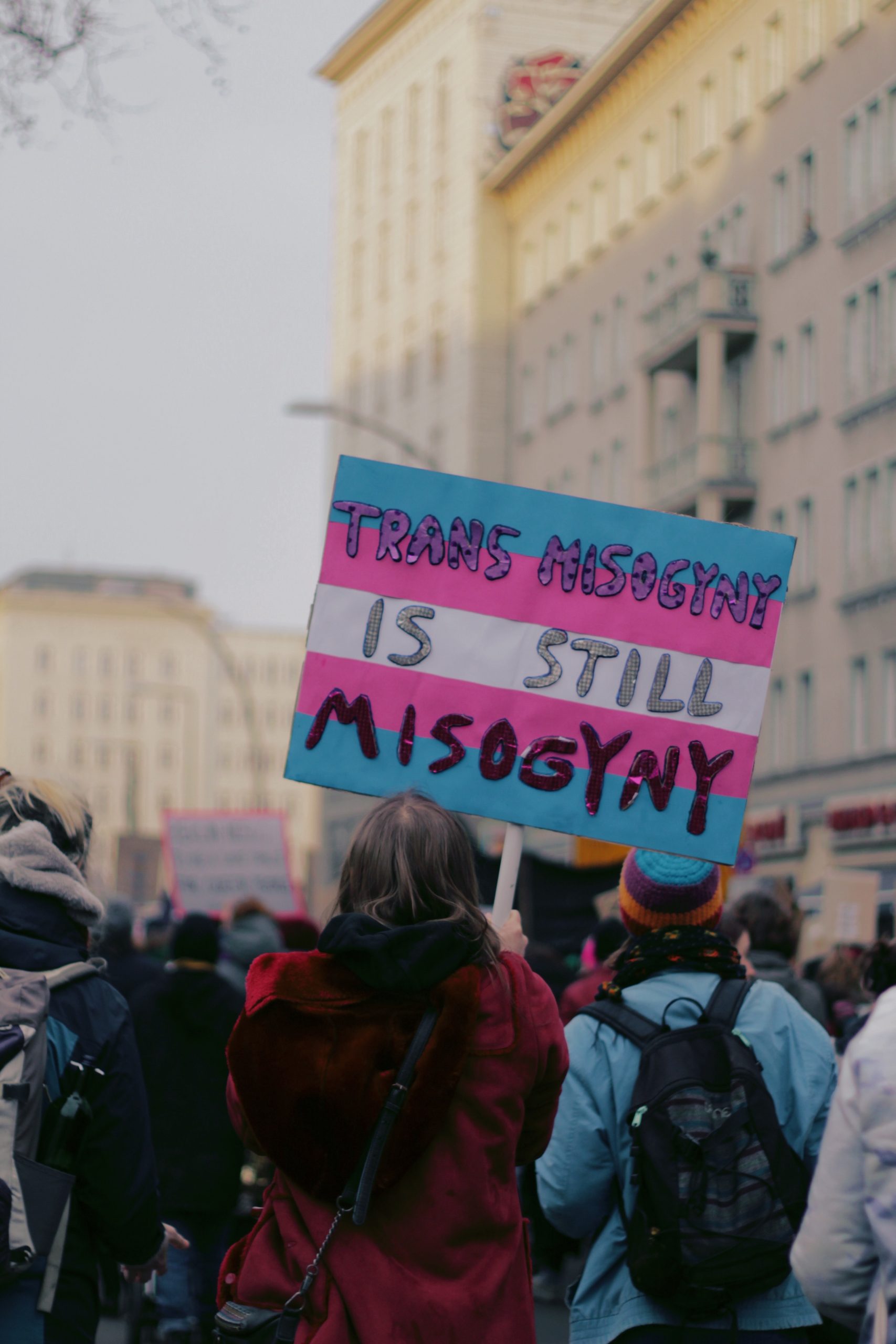
Credit: Flavia Jacquier / Pexels
Protections for non-binary people have long been weak in the UK. People who do not use either “he/him” or “she/her” pronouns are unable to switch to “they/them” or other options on official documentation, such as passports.
“Non-binary people have next to no rights at all apart from those that accrue through trans recognition in the Equality Act,” said fae. “A recent court case made clear that the UK has no intention of awarding recognition to non-binary people, even on passports. Intersex people are in the same boat, possibly even worse off, and they have low levels of bodily autonomy.”
These difficulties in securing accurate documentation as a member of the LGBTQ+ community are not confined to non-binary people.
“Birth certificates are all over the place: a trans mum in a lesbian relationship cannot go down as parent number two but would have to be father,” explained Chay Brown, director of TransActual UK. “For gay men and heterosexual trans women, only one partner can go on the birth certificate. There is no option for non-binary people. If a surrogate is married, her husband goes on the birth certificate, even though he has nothing to do with the child genetically. Trans dads who give birth are put down as ‘mothers’.”
How were the rights of LGBTQ+ people protected in 2021?
Wins for the LGBTQ+ community were in short supply in 2021 but there were still some significant highlights.
Scotland became the first country to make teaching LGBTQ+ history in schools mandatory. In September, school staff were equipped with a toolkit of LGBTQ+ inclusive teaching resources and were given an awareness e-learning course.
“I am proud to say that Scotland is leading the way as the first country in the world to embed LGBT inclusive education right across the curriculum,” said children’s minister Clare Haughey. “By doing so, we can help young people to reach their full potential and flourish in a diverse and inclusive society.”
After years of unequal blood donation practices, more gay and bisexual men became eligible to donate blood after a historic rule change in England, Scotland and Wales. In June 2021, new guidance was introduced that ensures all donors are asked the same questions about sexual behaviour, regardless of their gender identity or sexual orientation.
Now, people can donate blood if they have had the same sexual partner for the last three months, allowing gay and bisexual men in monogamous relationships to donate blood. A blanket ban on gay and bisexual men donating blood was in place for decades. Then, in 2011, the rules were changed to allow gay and bisexual men to donate blood if they had not had sex in 12 months, which was reduced to three months in 2017.
In June, thousands of people took part in the Trans+ Pride march in London, which saw a massive display of solidarity with trans, non-binary and gender-nonconforming people. Then, in July, the first-ever Reclaim Pride march took place in London. Led by human rights and LGBTQ+ activist Peter Tatchell, thousands of activists and allies attended to advocate for less commercialised Pride events in the UK and protest the lack of protections shielding the trans community. The event also took the opportunity to call on the government to reform the Gender Recognition Act (GRA) and stop stalling on banning conversion therapy.
What are the key issues going to be for LGBTQ+ rights in 2022?
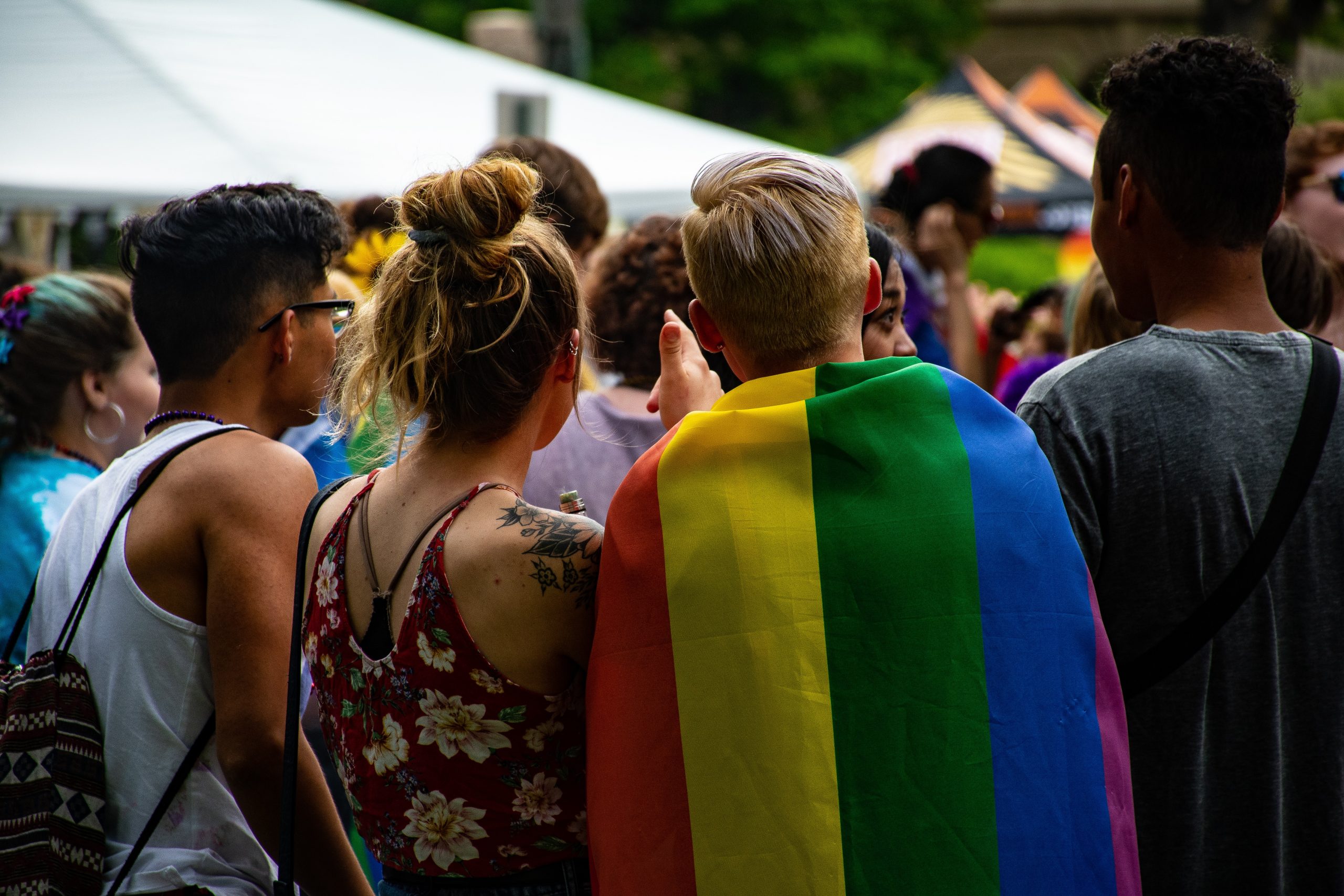
Credi: Brett Sayles / Pexels
Moving into 2022, there is an array of potential rights abuses looming on the horizon. For co-chair of Perthshire Pride, Claire McKenzie, connecting queer people and shielding their mental health is a primary concern. Many LGBTQ+ people in rural areas are unable to regularly access a supportive community, which has only been worsened by the limitations imposed by the pandemic.
“Queer people, especially in our little area of Scotland, are quite rural and so we heavily rely on being able to move and go around to be able to see people,” she said. “There are certain times where you do feel that you may actually be the only gay in the village. So to all of a sudden be stopped from doing that, I think that had a great effect on everybody’s mental health, and just their overall well being.”
Just as it is likely to affect other marginalised groups, the upcoming Police, Crime, Sentencing and Courts Bill poses a threat to LGBTQ+ people as well, particularly given that the original Pride was a protest against discriminatory policing and this theme endures today.
“The introduction of the Police, Crime, Sentencing and Courts Bill represents another attack against LGBTQ+ people’s human rights, potentially restricting and criminalising their right to protest,” said Ball. “This contravenes Article 11 of the Human Rights Act, which protects the right to freedom of assembly and association and Article 10, which protects your right to hold your own opinions.”
For 2022, Ball hopes to develop their skill set by engaging in further learning to help more vulnerable LGBTQ+ people. They said: “In 2022, myself and other YPAS Therapists are being trained in Eye Movement Desensitisation Reprogramming (EMDR) Therapy, which has been extensively evidenced to be effective as a trauma-focused therapy. With the local and national increases in LGBTQ+ targeted hate crimes, this provision could be utilised effectively with survivors of hate crimes within the LGBTQ+ community.”
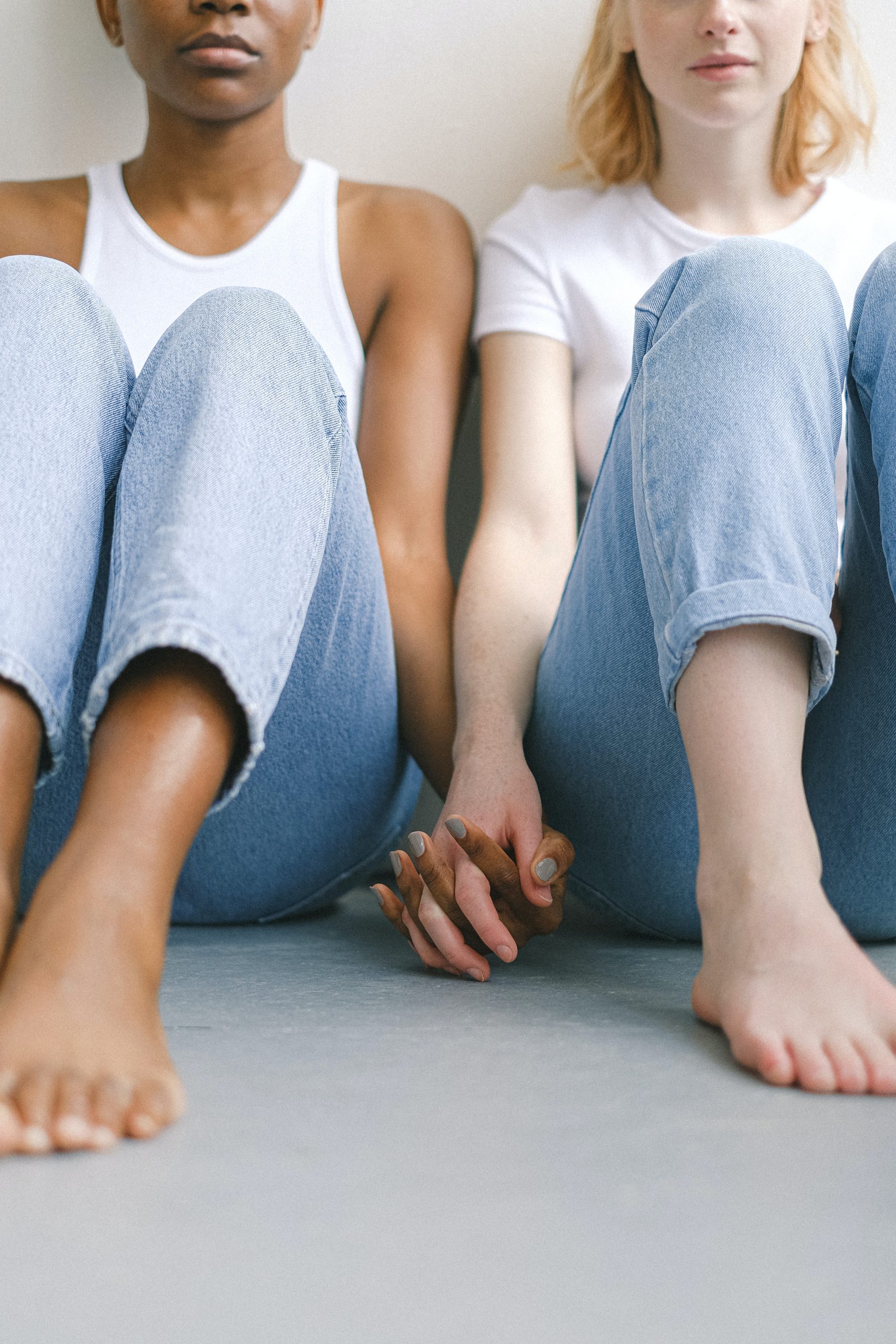
Credit: Anna Shvets / Pexels
The Equality Network is paying close attention to gender recognition reform, conversion therapy and improving NHS gender identity services in 2022. Hopkins added: “Unfortunately, the public attacks on trans equality and trans people will probably get worse, at least until gender recognition reform has been passed.”
One of the biggest issues affecting the LGBTQ+ community is still the GRA. Passed in 2004, the Act contains legislation outlining how transgender people can gain legal recognition after transitioning. Covered in more detail in an earlier feature in this series, calls to reform the Act were reignited in December 2021 after a report was published exposing the government’s inadequate response to its own consultation on reforming the GRA.
“The system for gender recognition for trans people is increasingly at odds with systems elsewhere in the world,” said fae. “As a piece of bureaucracy, it is failing. People are currently taking six months to get through an incredibly bureaucratic system.”
In 2022, TransActual UK plans to continue their support of campaigns to ban conversion therapy and to overhaul the GRA to better support trans people.
“On the healthcare side of things, we are campaigning for an informed consent model of care,” added fae. “We are coordinating protests in respect of the UK government’s #SafeToBeMe conference in the summer. This is a sham and given the government’s record on LGBTQ+ rights, total hypocrisy. We are continuing to look at ways to push forward legal recognition for non-binary people. Above all, we are focused on ensuring that trans people are not robbed of existing rights in the face of a massive anti-trans backlash.”
While 2021 saw some highlights for the LGBTQ+ community, rights abuses were still frequent and they threaten the community in 2022 as well. There remains a long way to go before equality is a reality for LGBTQ+ people in the UK.

